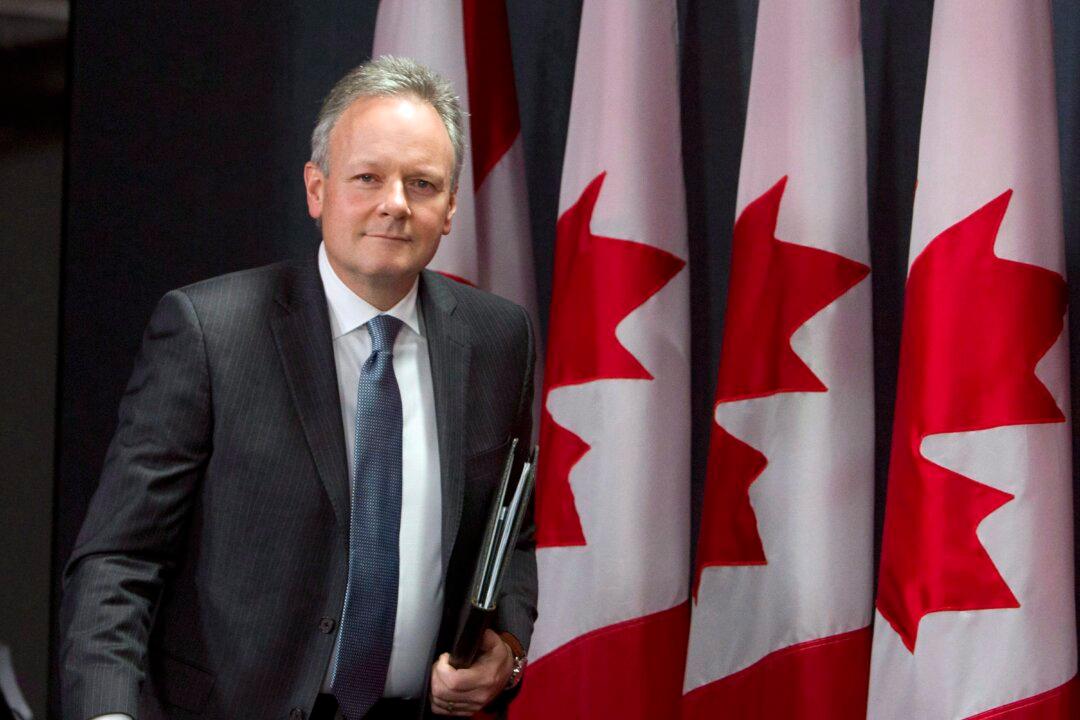Canadian economic growth in 2016 should be better than in 2015, but 2017 is looking even better. As the economy says good-bye (and good riddance) to 2015, the incoming year is about transition—assuming it doesn’t get hit with another shock.
Oil prices plunged over 30 percent in 2015 and its adverse effects on investment and employment in the energy sector shrank the Canadian economy in the first half of the year. The loonie, which mirrors oil prices, is heading for its second worst year on record (after 2008) falling 17 percent (as of Dec. 22).
The challenge has been to deal with the immediate impact of the oil price shock, while the benefits from a lower currency and oil prices take longer to manifest. The Bank of Canada cut rates twice in 2015 to bolster the flagging economy.
That sets the stage for 2016. Cheap oil and accommodative monetary policy should continue to spur consumer spending and economic growth. The chance of a recession in Canada—or the U.S.—is unlikely.
The Bank of Canada claims the Canadian economy is well diversified. 2016 is the transition year—to prove that other parts of the economy can offset the energy sector woes.
Growth Forecasts
BMO looks for 3.4 percent global growth in 2016, up from 3.1 percent in 2015. For Canada, BMO suspects 2016 growth “will do well to even hit 1.8 percent,” according to chief economist Doug Porter. That would be up from 1.3 percent this year.
CIBC’s call for 2016 growth is 1.7 percent. It argues that the transition to non-energy and services exports needs more time to offset the drop in energy sector investment.





